
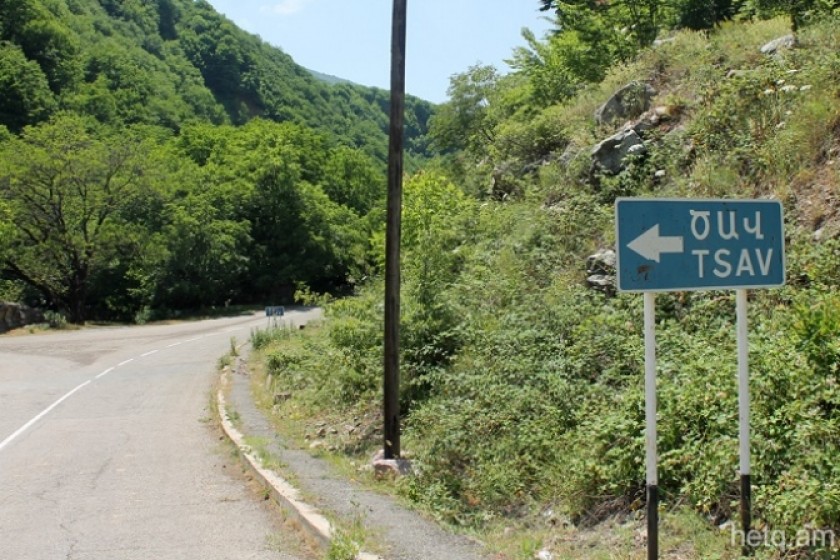
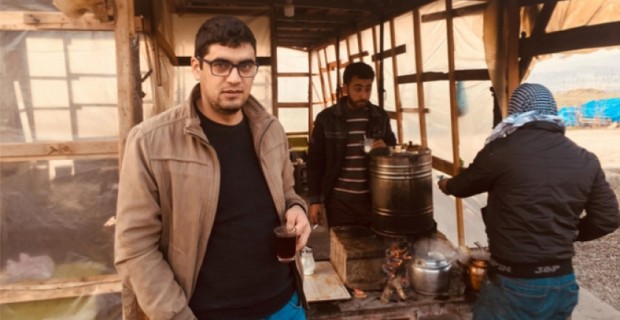
Hetq recently spoke to Boris Mourazi, who heads the Sinjar Yezidi National Union in Armenia. Mourazi travelled to Iraq to better understand the plight of Yezidis in the country.
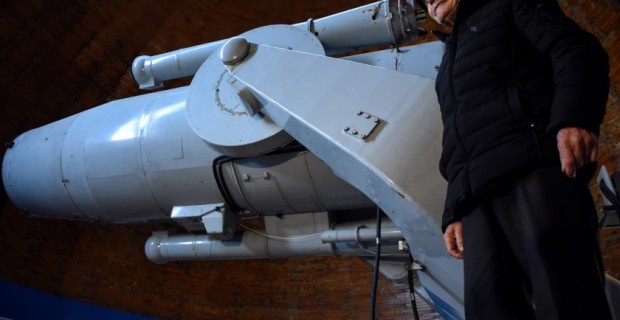
“We have to participate in as many international projects as possible. We have to compete, in our own way, on the world stage regardless the amount of global technical investment.”
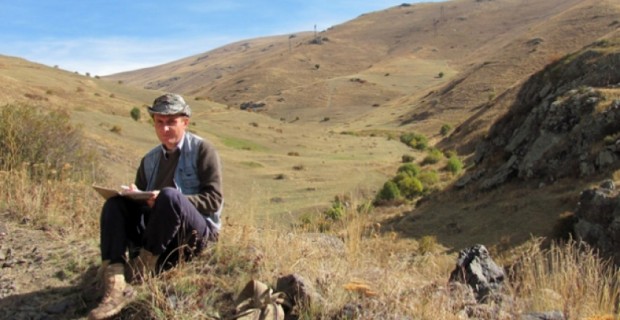
Many will perhaps remember Ghazar Galoyan, who heads the Laboratory of Petrology and Isotope Research at Armenia’s Institute of Geological Sciences, for voicing his concerns about the state of science and the plight of scientists during the annual general session of the National Academy of Sciences four years ago.

In 1960, at the height of the observatory’s Golden Age, a Schmidt-class 1m telescope was brought to Byurakan. An interesting historical side note is Adolf Hitler had presented the telescope to Mussolini as a gift. The aim was to establish an observatory in Italy. The project was never realized.
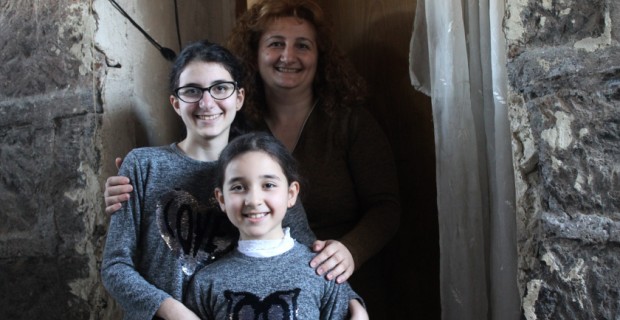
This is a story about a woman and her two daughters, their optimism and dreams.
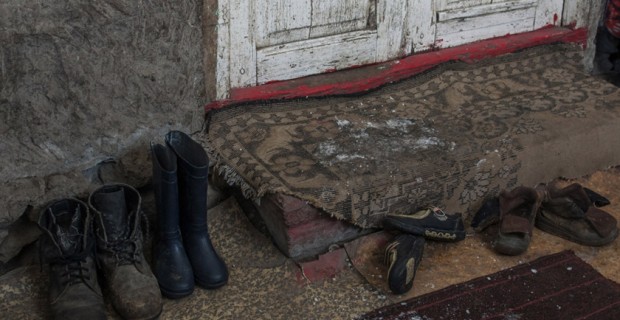
The lowest poverty rate for children in Armenia during the period 2008-2016 was in 2008, when Sargsyan started his first term as president. Since then, it’s never been below 33%.
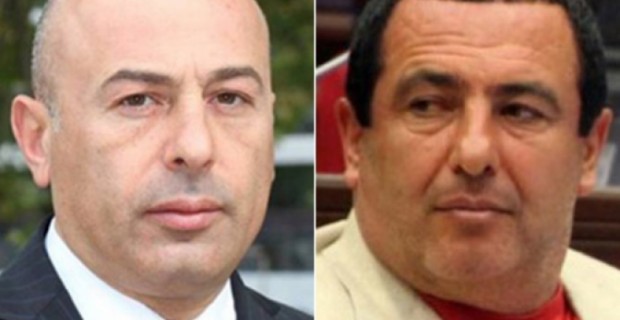
Kapan Mayor Ashot Hayrapetyan says that the company, AraratCement, never informed the municipality about its plans to build the plant near the town’s airport.
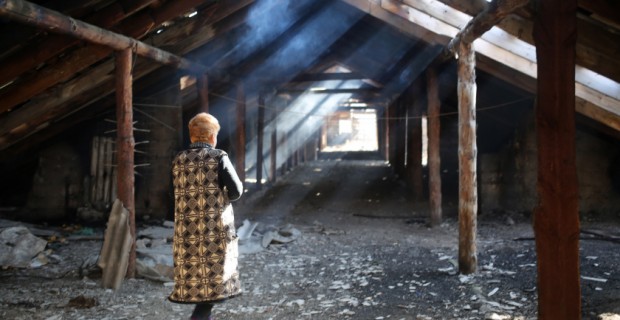
The woman says that although she’s 47 years old, she must climb onto the roof every day to try to stop the rain from leaking down. However, covering the roof with materials at hand doesn’t seem to work anymore. The rain constantly drips from the ceiling. When the heater is on, the damp smell becomes intolerable.
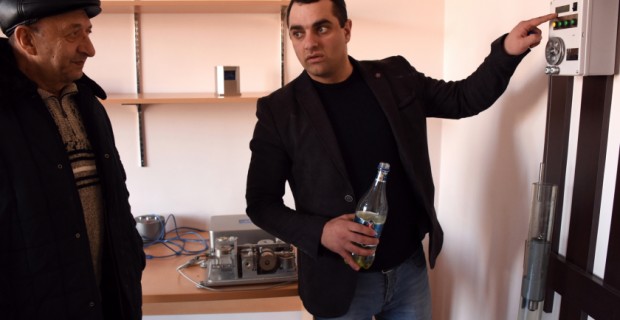
The institute also felt the effects of the 1988 Spitak Earthquake. The IGES’s former building, located at the same site, was destroyed.
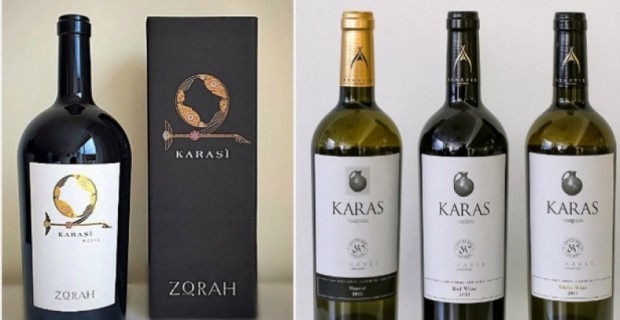
“I was hoping for another outcome, a just decision, but I knew it was impossible,” Gharibyan told Hetq. The diaspora Armenian vintner says he will take the matter to the Court of Cassation.
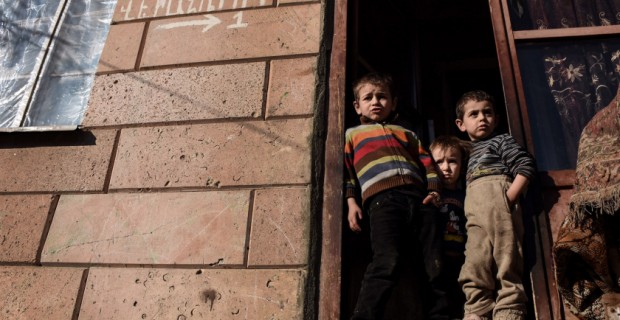
"We are poor but can understand everyone. But the rich do not understand us," says Hasmik, and looks away.
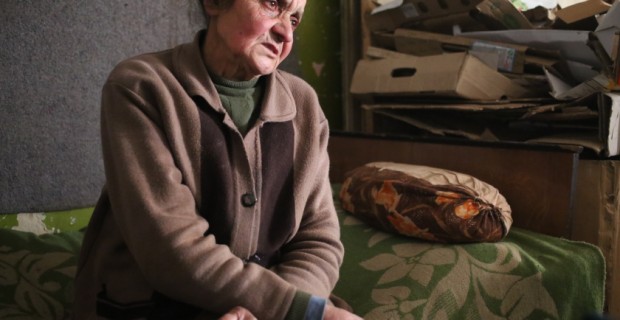
“When they remove someone from their native land, it will never be the same, wherever they go,” says a teary-eyed Valya.
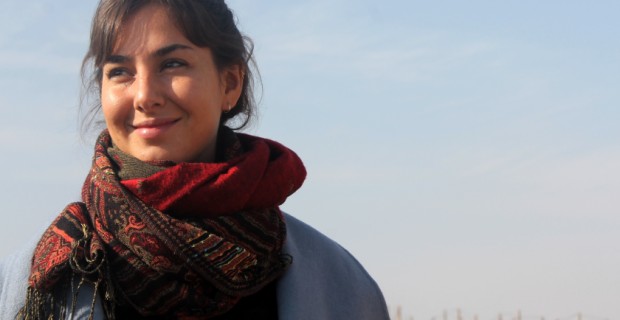
Juliana says they are not against Gharibyan using the word "karas" when describing the way his wine is produced in amphora (karas) vessels, but the trademark shouldn’t confuse consumers.

Avag Gabrielyan, who works at the Vayots Dzor Provincial Administration’s Department of Education, Culture and Sports, says that the government is aware of the problem and are searching for a French teacher for the school.
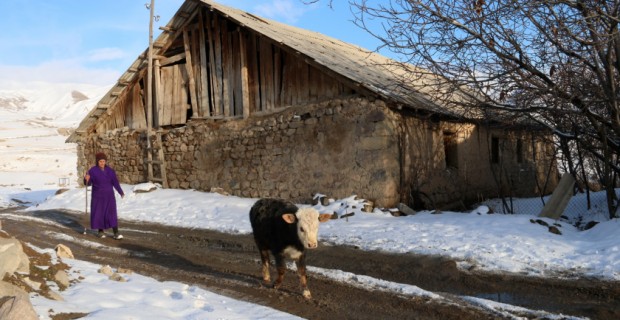
Residents of Bardzruni village in Armenia’s Vayots Dzor Province say that they are known in the neighboring villages as "chatterboxes", and it won’t take long for us to make sure of it.
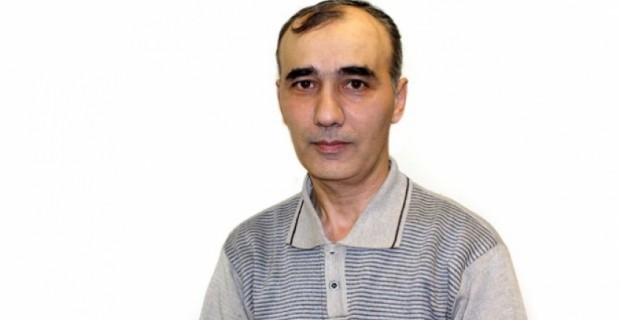
Artsakh War vet Sedrak (Seto) Hovsepyan wracks his brain trying to understand why the Nor Nork Tax Inspectorate has fired him after 17 years of service.
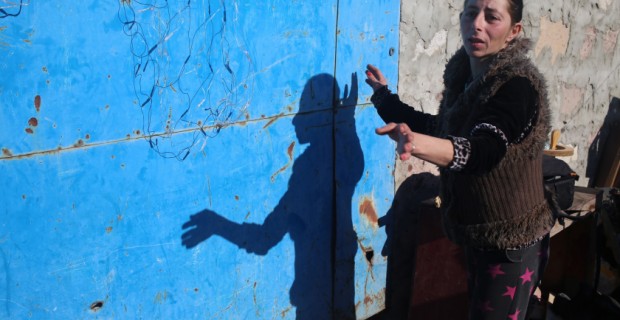
Lilit Manukyan is 34-years-old. She lives in a hut with her three sons – Vahram, Narek and Hovhannes - near the Aeratsia Sewage Treatment Plant in Yerevan.
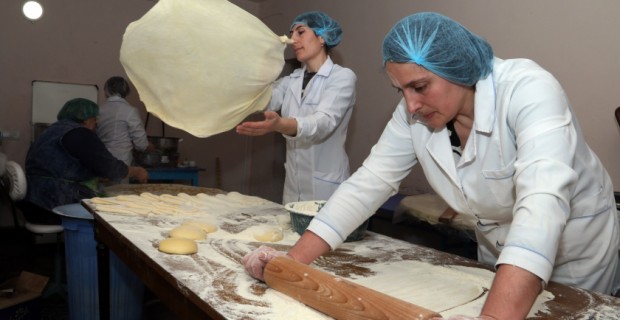
“People in Gavar like to drink. I’ll tell you something. The secret why people don’t get drunk here, even after drinking a lot, is that they eat baklava with the vodka.
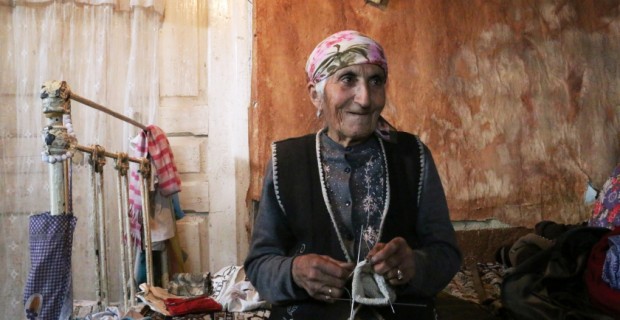
Khaneh has been knitting socks since she was twenty. She learnt the skill from her mother and neighbors. Neither she or her mother have ever sold the socks - they always gifted them.
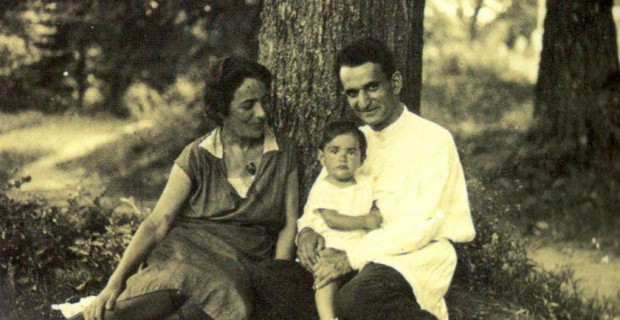
86-year-old Sourma Tumanyan, granddaughter of the Armenian writer Hovhannes Tumanyan, has published a book about her father, Areg Tumanyan.
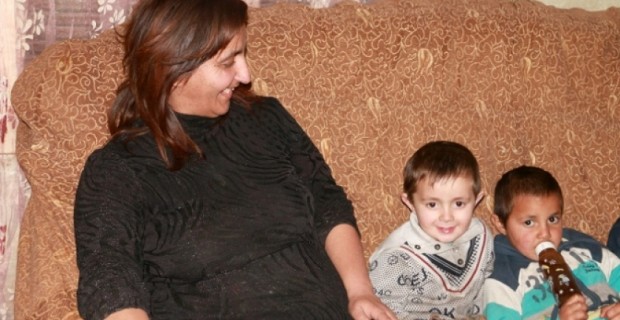
Children persuade her to get a Christmas tree. Nvard says no. Lilit says she didn’t want to have a Christmas tree this year, but her sister urged her not to disappoint the children.

Aro tries to think only about good things before sleep. His advice to get a good night’s sleep is to close your eyes and dream of something that you don’t have but would love to. When asked about his own dreams, Aro says he dreams of his own children visiting him some day.
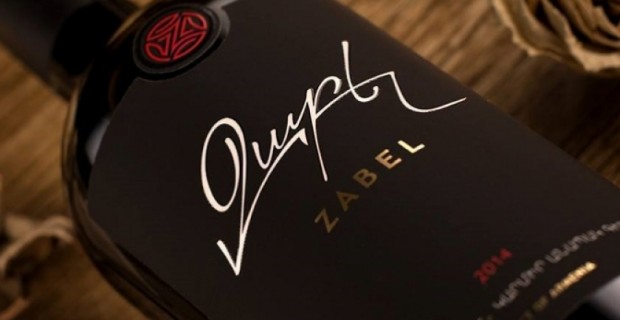
While studying in London, Irina Ghaplanyan remembers the following memorable line uttered by one of her lecturers - “Remember that diplomacy happens between protocol and alcohol”.

I ask Mary what she wants from Santa Claus. The girl replies, dishes and such. Hripsimeh and Mourad want the ceiling to stop leaking. The boy adds that he’d like a phone, so that he can call his mom after class.
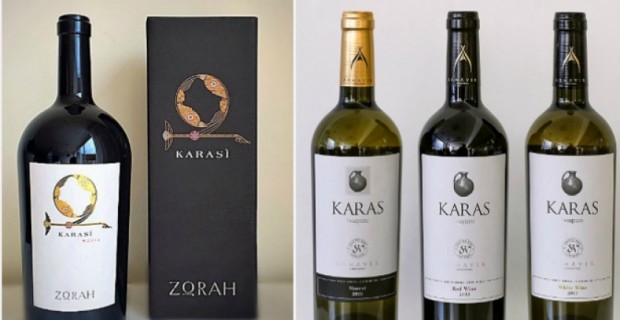
Two diaspora Armenian winemakers are facing off in a Yerevan appeals court over a trademark dispute.

It was during his eleventh month of service when he was accidentally shot in the head by his lieutenant, who was fooling around with another soldier’s gun.
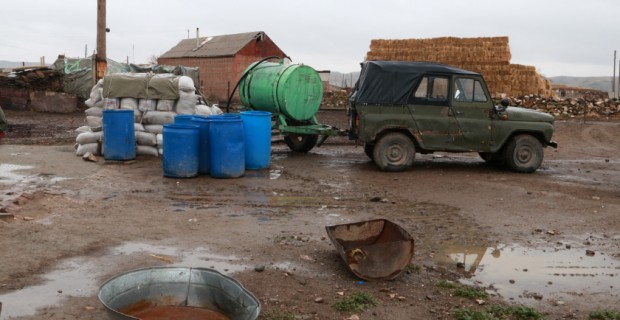
Even the village school must purchase its water. A red pail full of water sits on a ping-pong table placed in the hall. The pupils tell me that they do not plan to leave Tlik, even if there’s no water supply.
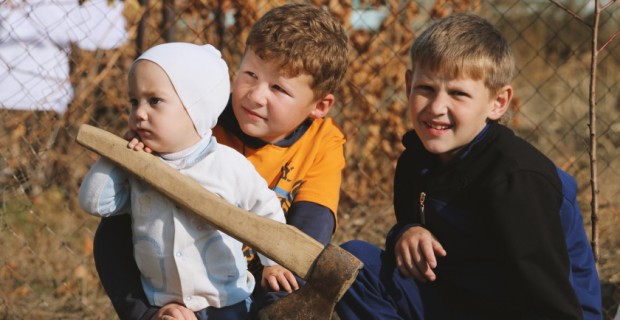
"Misha doesn’t like buying clothes and shoes for himself, he says we’d better buy food and clothes for children," Tanya says.
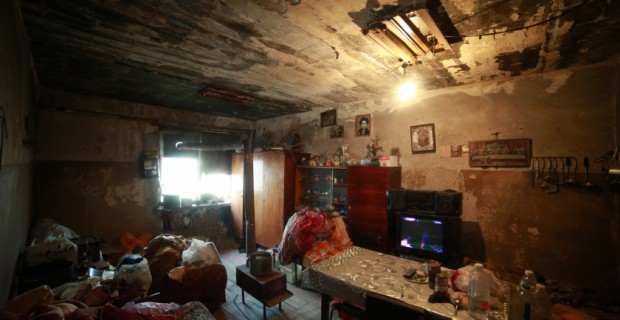
A few days ago, Hripsimeh and her son Artur, two months shy of his second birthday, were rescued by their neighbors. She was hanging the laundry on the balcony, when apart of the floor crushed, and they fell off, clutching the banister. Luckily, the neighbors heard her scream and came to their rescue.
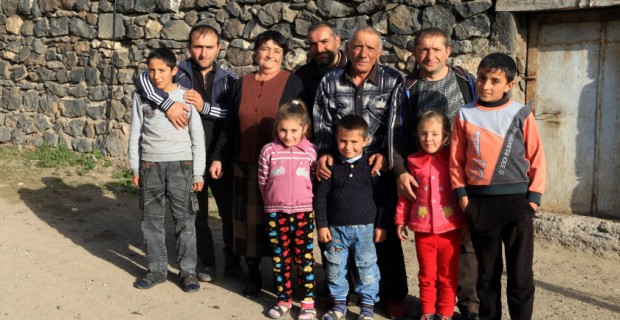
"I’m Maestro Mourad, glad to meet you," says Mourad Mouradyan from Artsvanist, a village in Armenia’s Gegharkunik Province.
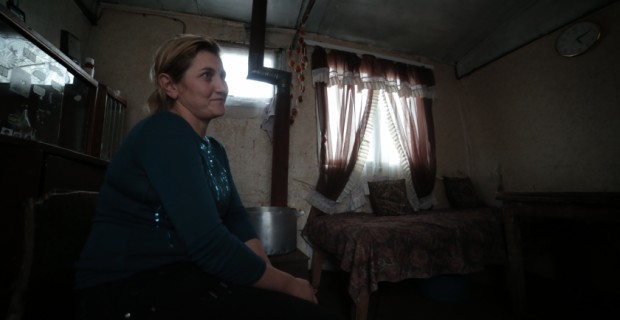
Entering the village of Akori, not far from the town of Alaverdi, we see no one. The only trace of human activity is the smoke slowly wafting from the grey cabins.
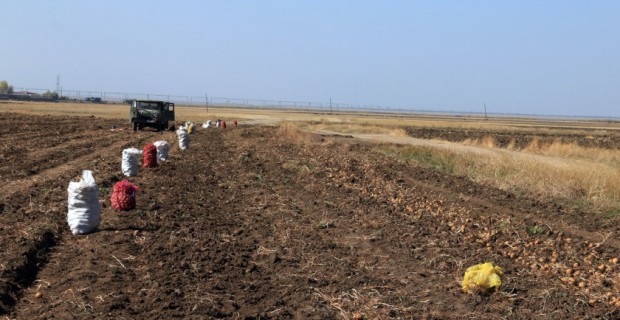
“We’ll find something to do in the village. But we’ll never work for someone else in Russia.”
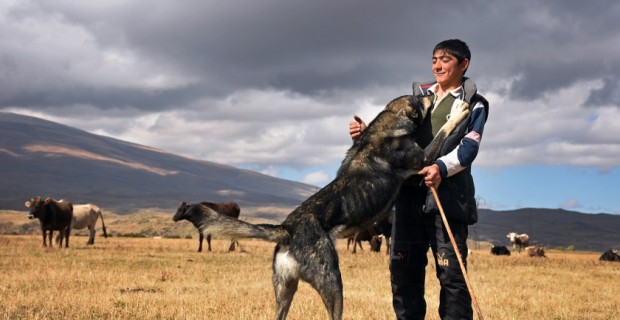
Albert is 16 years old. Every morning at six, he takes the village herd to the field. At the end of the day, he gets 10,000 drams.
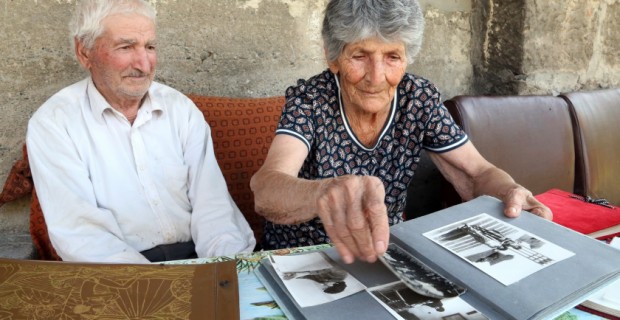
“A teacher must love the school experience and relate to the kids. The pupils loved me. While I was at home, during the summer vacation, my pupils would visit. We had a good group,” Hasmik says.
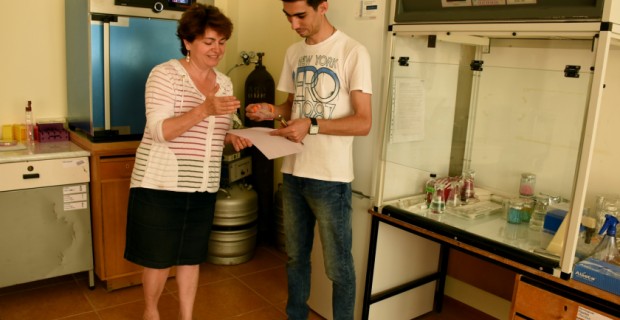
The lack of adequate government support and the reluctance of some in the sciences to reinvent themselves and their institutions to meet a host of modern day challenges are a large part of the problem.
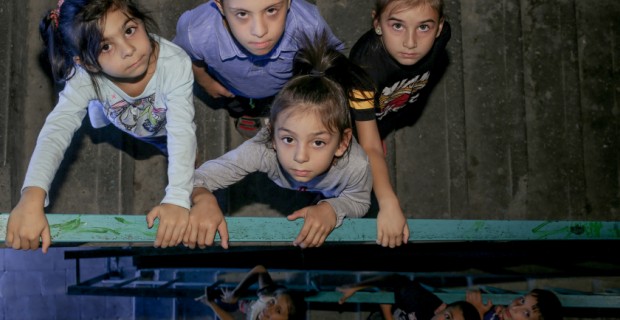
41 families live in the building, and residents say none are economically secure. They get by working as cleaning attendants, scrubbing toilets and washing dishes. Some problems, however, are too big for them to handle on their own.
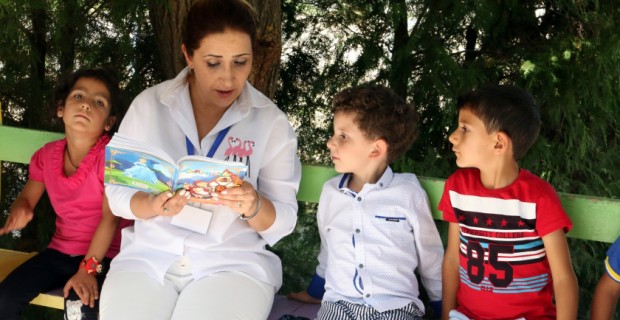
The director says that when founding the pre-school, she wanted this one to be different from the Soviet- era kindergartens. For example, the children aren’t put to sleep at the pre-school, but, instead, they have time for rest. They eat in the cafeteria, and while they lunch, the rooms are ventilated.
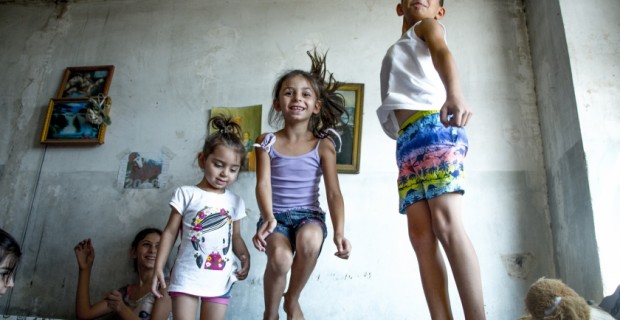
11-year-old Anahit dreams of becoming a policewoman. Christine proudly says that Anahit has decided to buy school uniforms for Edmon with her first salary.

The man said he would have to spend 100,000 AMD apiece in order that his four vehicles satisfy the new health requirements, and even then, they wouldn’t pass inspection.
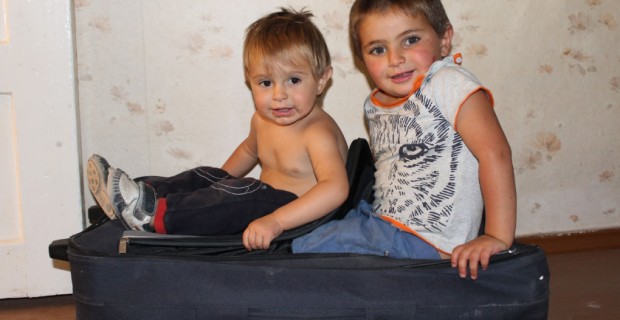
It’s been a month since the family moved to Toumanyan, a town in Lori Province, where a house was bought for them. There’s a bakery, a barn and a yard next to the house.
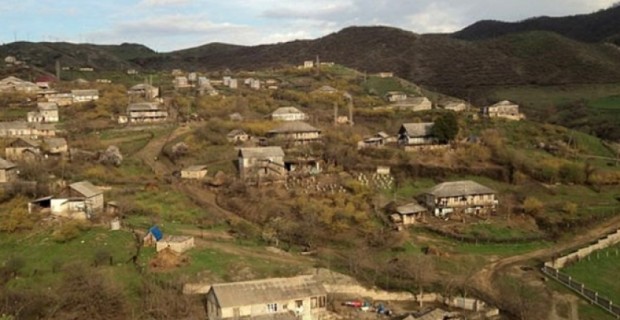
Rafik Babajanyan, a farmer in Zorakan, says the village is one of the most neglected in the country and that irrigation water has always been a problem. Residents, he says, are always complaining to local and state officials.
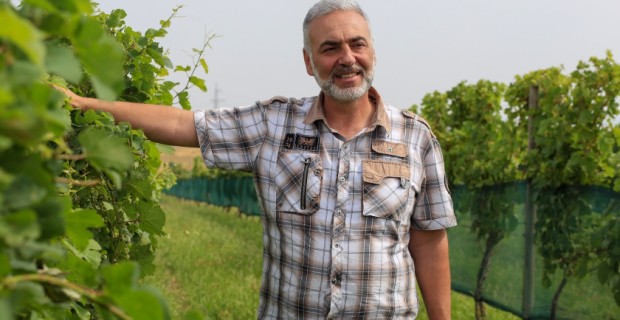
"They say people don’t come back from two places - from the afterworld and from the U.S.," says winemaker Varouzhan Mouradyan. He returned to Armenia after living in the U.S. for twenty years. He left with his wife in 1991, and their four children were born in the United States.
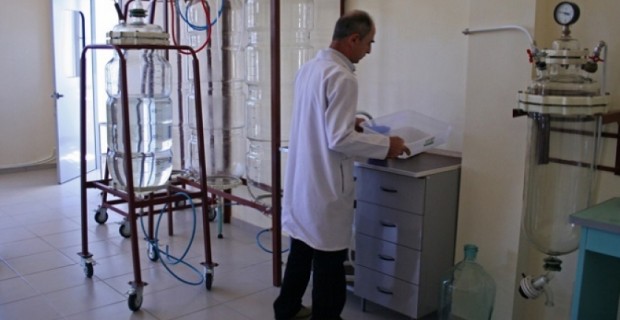
In 2018-2020, base funding will be cut 4.98% compared to this year.
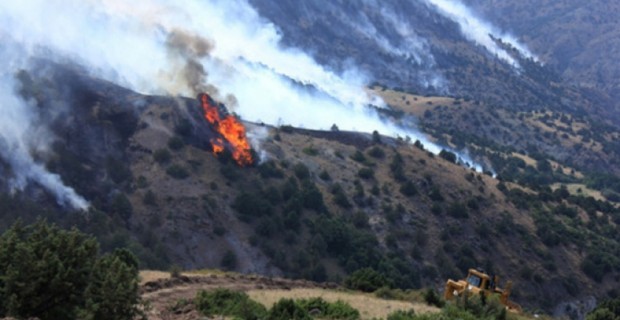
Levon says the main problem is the unpreparedness of Armenia’s government. It’s not about having or not having a firefighter plane, but rather about assessing the situation - what steps you take, what methods you use.
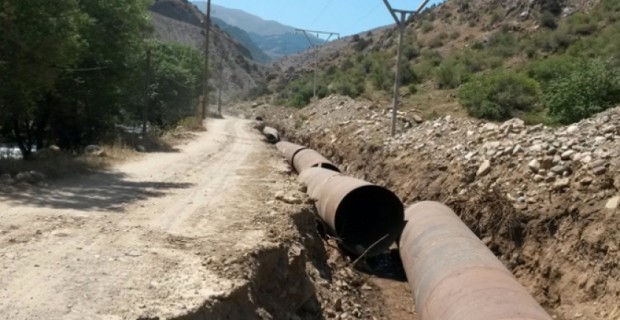
Most hydro plants in Armenia fail to provide sustainable environmental outflows, says environmentalist

Mosini employs 22, mostly local residents and some Syrian-Armenians, at its production plant.
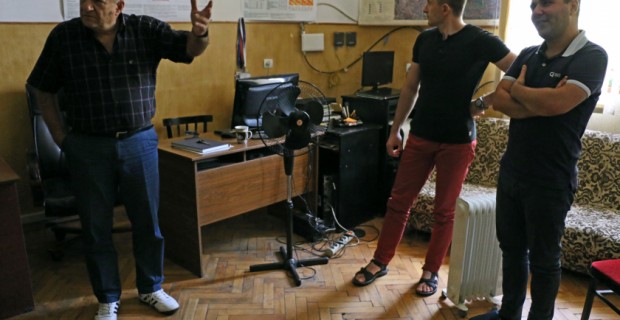
"If a country wants to have a future, money should be invested in education and culture, and science is a part of culture. Our society today is degrading," says the professor.
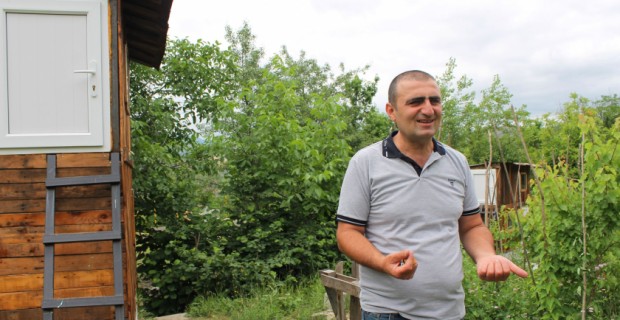
Armen emphasizes that Kapan, being the regional center of Syunik province, is also the southeastern edge of European Christian civilization. The next advantage is having Armenia's largest forest areas located in Syunik. Here one can find the biggest difference between high and low points in Armenia.
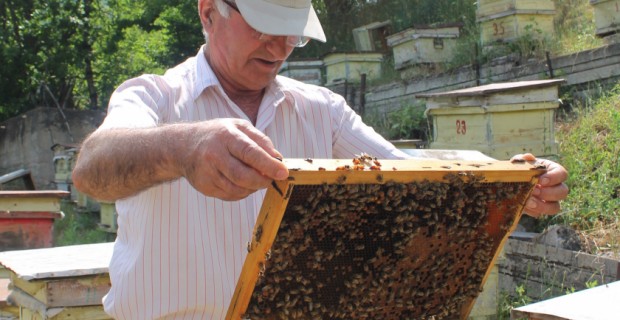
Healthy beehives usually have 60,000 to 70,000 bees. Volodya says the overall quantity of bees has dropped by 50% in the world because of different types of antenna signals affecting the bees and their ability to find their routes. According to the beekeeper, the first major negative change was felt in China.